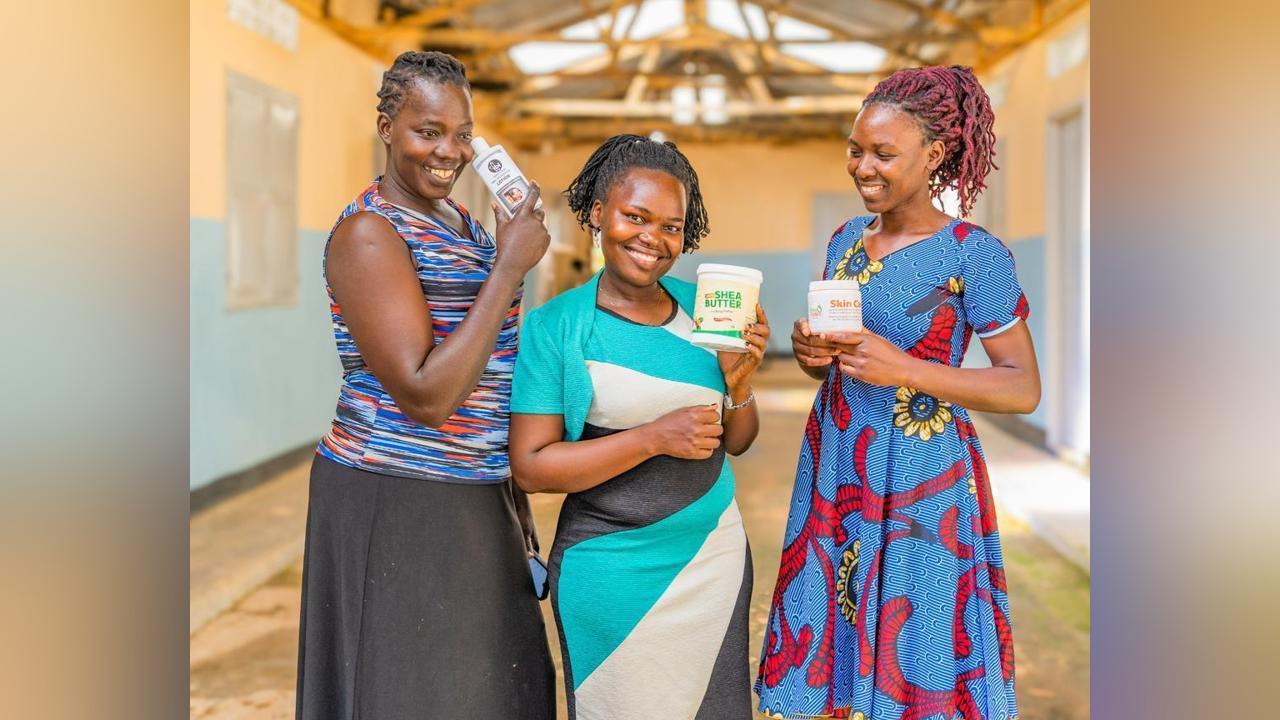Africa-Press – Uganda. In many parts of Uganda, smallholder farmers struggle to market agricultural produce, including sunflower and other oilseed crops, due to limited access to quality certification.
Certification is crucial for defining product quality, safety, and compliance, and is indispensable for accessing both domestic and international markets.
However, many Ugandan SMEs face challenges navigating certification requirements.
According to the Uganda National Small Business Survey by Financial Sector Deepening Uganda, more than one-third of SMEs cited difficulties with standardization due to limited information and technical capacity.
Additional obstacles include high certification costs that can consume the capital of a micro-business, annual renewal fees, and technical gaps that make interpreting and implementing standards challenging, leaving some enterprises unable to maintain certification.
To address these challenges, the International Trade Centre (ITC), through the Strengthening Agribusiness Resilience and Competitiveness (STAR) Project, is collaborating with the Uganda National Bureau of Standards (UNBS).
Funded by the Korea International Cooperation Agency (KOICA), the STAR Project aims to enhance the competitiveness of SMEs in Northern and Northeastern Uganda, focusing on cassava, shea, and oilseed sectors.
As part of this initiative, ITC and UNBS conducted a three-day training for 60 SMEs at Bomah Hotel, Gulu.
The program equipped participants with knowledge and skills to comply with UNBS certification requirements, including online applications, labeling, and best practices such as Good Manufacturing Practices (GMP), Good Hygiene Practices (GHP), and Hazard Analysis and Critical Control Points (HACCP).
The training also featured success stories and site visits for hands-on learning. Selected SMEs will receive financial support to complete the certification process.
The STAR Project has already delivered significant results.
Over 13,000 farmers, including 7,700 women, have been sensitized on climate resilience and natural disaster risk reduction.
Training and coaching have reached 60 SMEs, with 92 percent reporting increased competitiveness and resilience. Additionally, the project has facilitated $100,000 in matching grants for ten SMEs, benefiting nearly 9,300 farmers.
Looking ahead, the STAR Project will continue activities such as Disaster Risk Management training, multi-stakeholder dialogues on climate preparedness, e-commerce coaching, and supporting SME participation in the Uganda Manufacturers Association (UMA) Trade Fair.
These initiatives aim to strengthen agribusinesses, enhance resilience, and open new pathways for sustainable growth across Uganda’s agricultural value chains.
TAPCO, an SME founded by Patrick Ocakara, is a notable example. The company adds value to sunflower production by pressing seeds into high-quality cooking oil.
“Our sunflower oil is free from additives and highly nutritious,” Patrick explains. TAPCO sources quality seeds from local farmers and ensures fair, stable market prices, encouraging production.
However, growth has been constrained by the lack of UNBS certification, a critical requirement for formal markets and larger retail chains.
The collaboration between ITC STAR Project and UNBS is helping SMEs like TAPCO overcome these barriers, combining technical guidance, practical training, and financial support to meet standards, access new markets, and compete with imports—strengthening local value chains and driving inclusive growth.
For More News And Analysis About Uganda Follow Africa-Press






